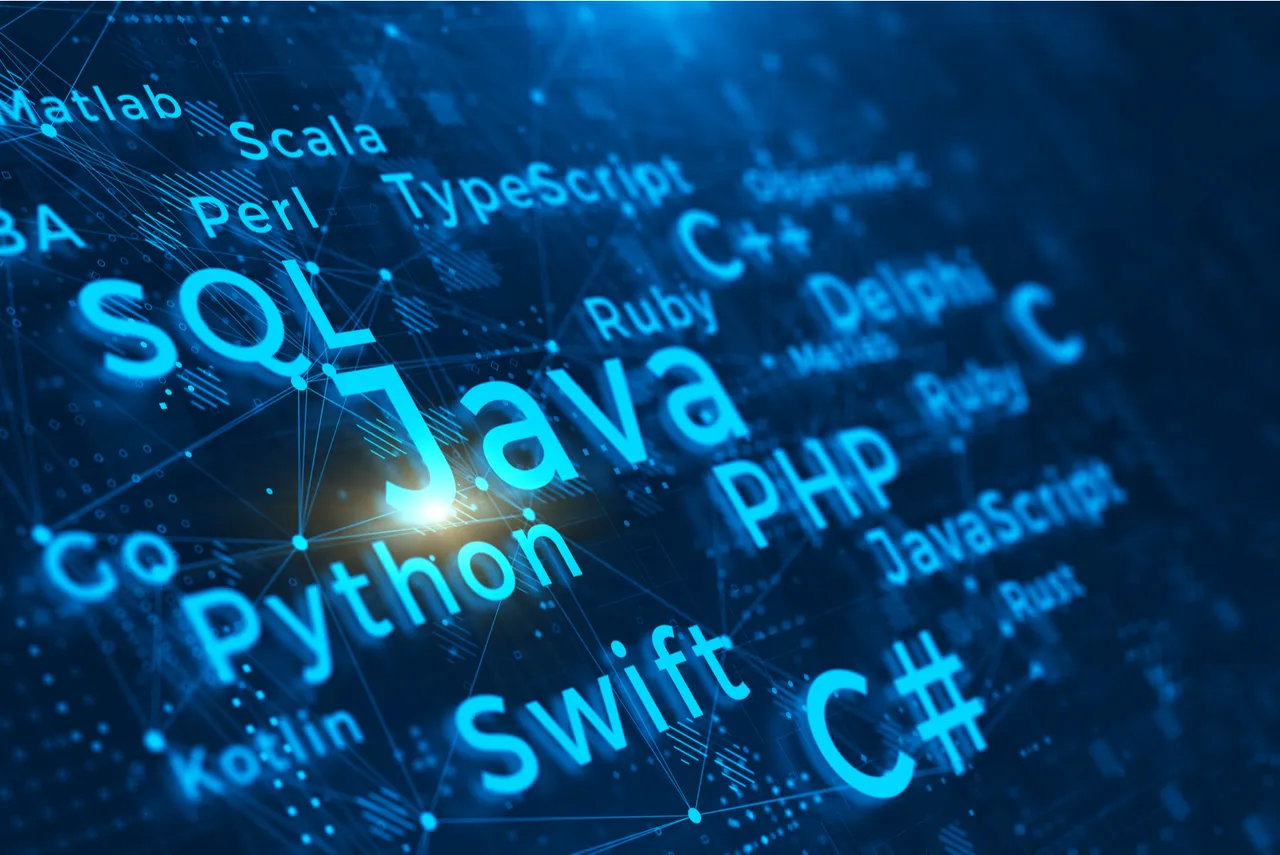Participants will explore key PL/SQL features, including blocks, variables, control structures, subprograms (procedures and functions), exception handling, cursors, packages, and triggers. Each concept is reinforced with practical exercises and real-world examples to solidify understanding and build real development skills.
Audience: Developers, analysts, and database professionals with a working knowledge of Oracle SQL
Must have hands on experience of Oracle SQL


